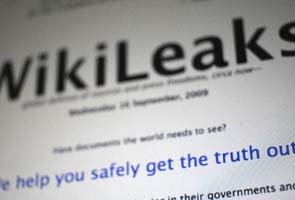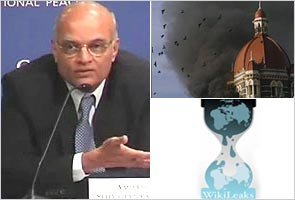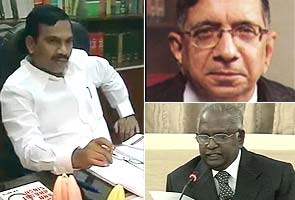New Delhi: The Election Commission is planning to introduce new and stringent norms for filing affidavits of personal assets and expenditure for candidates and political parties in the assembly polls in Tamil Nadu, West Bengal and other states next year.
The EC -- which has recently activated an election expenditure monitoring cell to curb the use of illegal money in polls with a senior Indian Revenue Service (IRS) officer at the helm -- is mulling changes and new formatted affidavits after its experience in the recently concluded polls in Bihar. The EC, according to sources, has also decided to involve the manpower and machinery of Income Tax department's investigation wing in all the upcoming polls as done during the Bihar polls after it found the maiden initiative to be very beneficial.
The EC, in consultation with the Central Board of Direct Taxes (CBDT), will introduce new and stringent measures in the new mandated "shadow expenditure registers" for candidates and political parties and new fields related to investments and others will be introduced for candidates to file details on their assets and liabilities in the affidavit, sources said.
The EC -- which has recently activated an election expenditure monitoring cell to curb the use of illegal money in polls with a senior Indian Revenue Service (IRS) officer at the helm -- is mulling changes and new formatted affidavits after its experience in the recently concluded polls in Bihar. The EC, according to sources, has also decided to involve the manpower and machinery of Income Tax department's investigation wing in all the upcoming polls as done during the Bihar polls after it found the maiden initiative to be very beneficial.
The EC, in consultation with the Central Board of Direct Taxes (CBDT), will introduce new and stringent measures in the new mandated "shadow expenditure registers" for candidates and political parties and new fields related to investments and others will be introduced for candidates to file details on their assets and liabilities in the affidavit, sources said.




